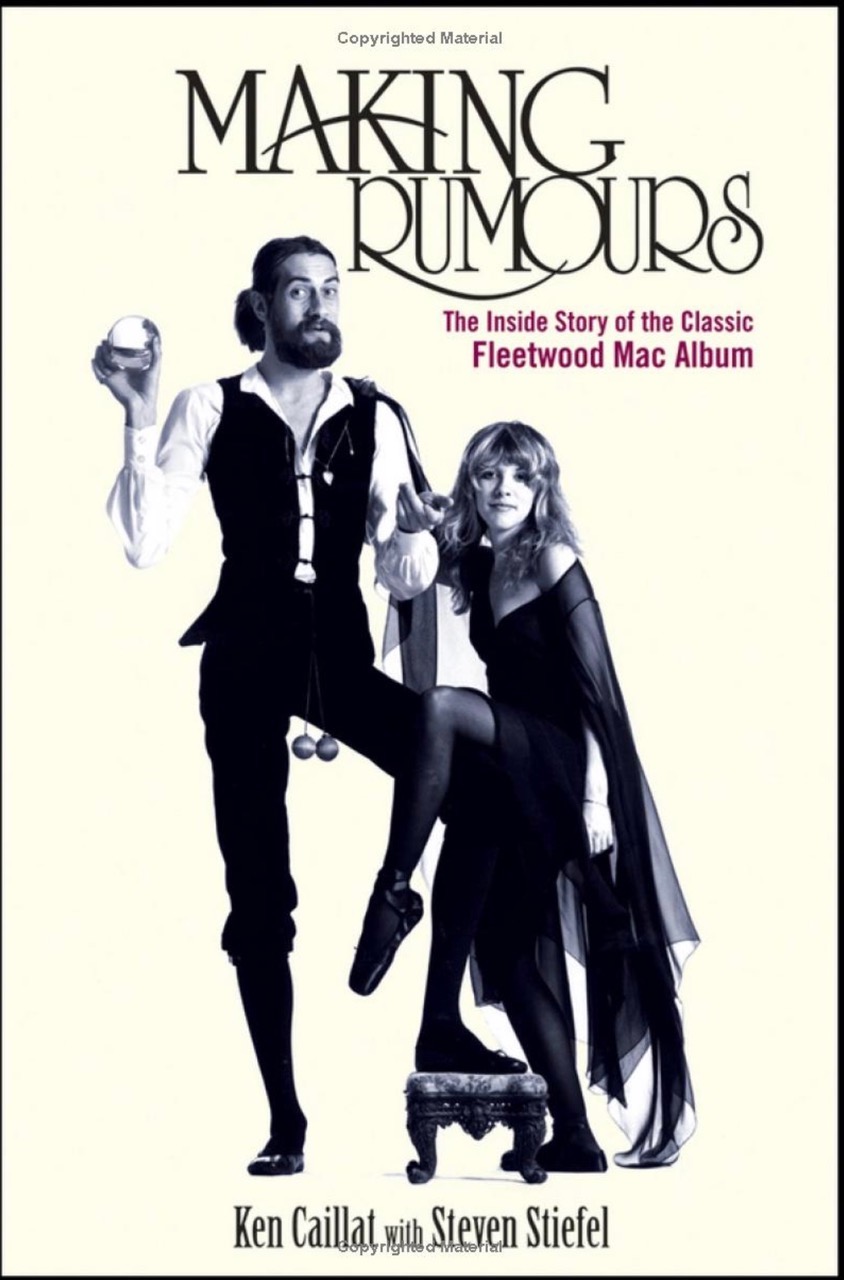John Marks’ Bookshelf for Lovers of Recordings #8
A DOZEN BOOKS REVIEWED, ONE A WEEK FOR THE NEXT TWELVE
Here are notes on a selection from my favorite books on the history of recording technology, the history of the record business, and the interactions between recording technology, the record business, and the art of music. One example of what I mean by all that is, in the late 1920s, piezoelectric “crystal” microphones supplanted carbon microphones for radio broadcasting.
Crystal microphones had a better signal-to-noise ratio than carbon microphones. Therefore, the live singers on radio could sing more quietly and intimately. They no longer had to shout to be heard. However, the quartz, mica, or other crystal elements were also more fragile than had been the carbon microphones. So, “shouters” like Al Jolson were out; and “crooners” like Rudy Vallee were in. (Trivia bit: Rudy Vallee graduated from Yale, with a degree in Philosophy.)
This list will be presented as a series of weekly installments. Rather than attempt to rank such diverse books from “Best” to “Somewhat Less Best,” this list is organized both chronologically and categorically. JM
The Bookshelf:
1. The Fabulous Phonograph, 1877-1977
2. The Label: The Story of Columbia Records
3. Do Not Sell at Any Price
4. The B Side: The Death of Tin Pan Alley and the Rebirth of the Great American Song
5. Something in the Air: Radio, Rock, and the Revolution That Shaped a Generation
6. Flowers in the Dustbin: The Rise of Rock and Roll, 1947-1977
7. Temples of Sound: Inside the Great Recording Studios
8. Goodnight, L.A.: The Rise and Fall of Classic Rock -- The Untold Story from inside the Legendary Recording Studios
9. Making Rumours: The Inside Story of the Classic Fleetwood Mac Album
10. Backstory in Blue: Ellington at Newport ‘56
11. A Love Supreme: The Story of John Coltrane’s Signature Album
12. The Vinyl Frontier: The Story of NASA s Interstellar Mixtape
Making Rumours: The Inside Story of
the Classic Fleetwood Mac Album
by Ken Caillat with Steve Steifel
Hoboken: Wiley, 2012. Hardcover, 384 pp. ISBN: 1118218086.
https://www.amazon.com/Making-Rumours-Inside-Classic-Fleetwood/dp/1118218086
The term “soap opera” originated in the early 1930s to describe daytime radio dramas that were targeted at a female audience, and which therefore were sponsored by soap and detergent companies. One should also take into account that in the early decades of the 20th century, the place of opera in American culture was different that it has been for the past 70 or so years.
In the 19th century, opera was what people went to see and hear, because movies and television had not yet been invented. Legendary rail-splitter (and future President) Abraham Lincoln was a major opera fan. To the extent that, Lincoln arranged the itinerary for his journey to Washington, D.C. (to be inaugurated as President) to pass through New York City, so that he could catch the North American première of Verdi’s new opera A Masked Ball. Seriously!
If you know something about opera, that should make your blood run cold. Why?
Because A Masked Ball is an opera about… a political assassination. Really. Over and above opera’s more widespread appeal in the 1930s, early phonographs were often shown off to best effect by playing acoustically-cut 78rpm records of male opera singers such as Enrico Caruso.
So, the phrase “Soap Opera” does make sense, in context. Also, I once wrote a marketing tagline for a regional opera company, but they did not like it. The marketing tagline, meant for female voiceover as a radio spot, was “[Name of Regional Opera Company… pause] Drama, drama, and more drama.”
Which brings us to co-producer Ken Caillat’s memoir of the making of Rumours, which is one of the best-selling records of all time. Drama, drama, and more drama. As a young chamber-music fan, I used to joke that all the members of the Italian string quartet Quartetto Italiano had at one time or another been married to all the rest, and that is almost seemingly true for Fleetwood Mac.
It should not be forgotten that the later, tremendously successful pop group Fleetwood Mac in a sense descended from (or devolved from) the original British Blues group Fleetwood Mac. The original Fleetwood Mac was inspired by young British musicians’ encounters with original US Blues artists, by means of LP reissue compilations of the original 78rpms, as described in Do Not Sell at Any Price, (previously covered).
My favorite story from Making Rumours is, during the recording of Rumours, the two remaining original members from the older group adjourned to the parking lot… perhaps to get away from all the drama.
One original member fumed at the other, “You know, we used to be a Blues band.”
To which the other placidly replied, “Yeah. But now, we are rich.”
If you can put up with the drama, and with Mr. Caillat’s own moments (or periods) of self-absorption: Highly recommended.








































.png)








